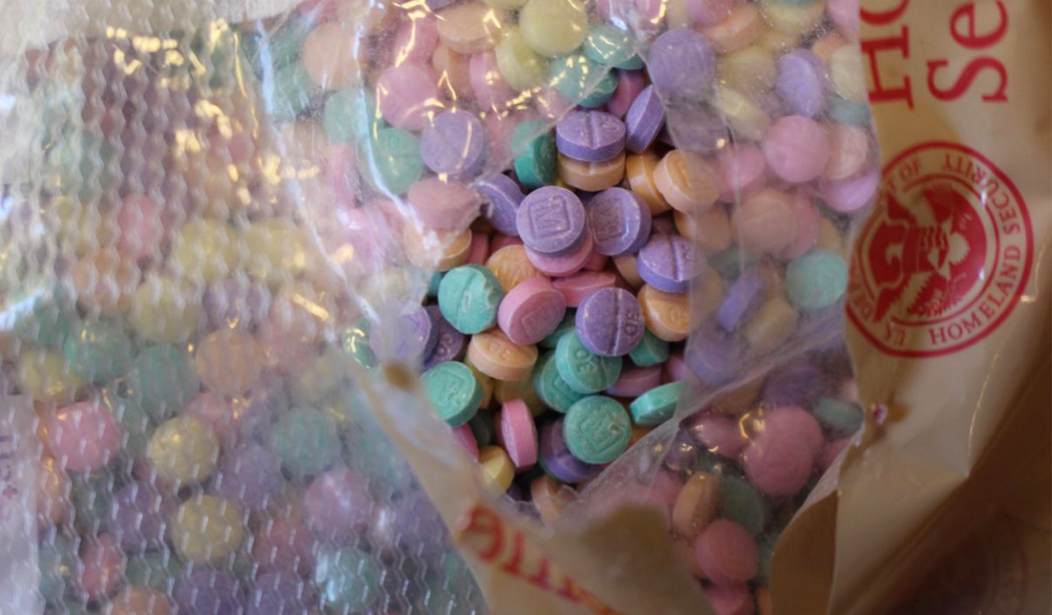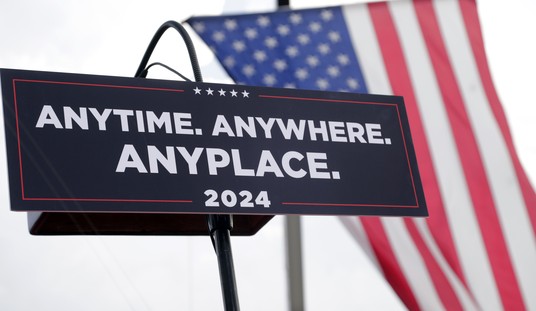There has been a war on drugs in the United States for 50 years, and it’s fair to say that drugs won.
It’s hard to say that anything good has come out of that war. Crime, violence, the militarization of police, civil forfeiture laws… The list goes on.
Yet every time I think it’s time to call a truce in the war, reality slaps me in the face and makes me realize that sometimes there is no good solution to some problems. We are between Scylla and Charybdis, trying to choose between bad options.
America is going through a decriminalizing phase of the pendulum swing, legalizing marijuana and in many cases other drugs. The rationale for doing so is pretty clear: the downsides of doing so may pale in comparison to the problems caused by the war on drugs. People seek out these drugs no matter what we do, and laws against using these drugs has led to people ingesting unknown, dangerous substances, criminalizing the behavior of people who are not intending to harm others, and funding evil cartels.
Yes, but…
The downsides of legalization become clear once you do it. Legalizing something like drugs legitimizes their use, use skyrockets, people who would have lived productive lives ruin themselves, and society becomes filled with even more degenerates.
Once hailed for decriminalizing drugs, Portugal is now having doubts https://t.co/5xtZdM4IDe
— Razib 🥥 Khan 🧬 📘✍️📱 (@razibkhan) July 8, 2023
Portugal is experiencing the downside of decriminalization, and is being forced to rethink what seemed like a necessary policy response to the failures of prohibition.
Portugal decriminalized all drug use, including marijuana, cocaine and heroin, in an experiment that inspired similar efforts elsewhere, but now police are blaming a spike in the number of people who use drugs for a rise in crime. In one neighborhood, state-issued paraphernalia — powder-blue syringe caps, packets of citric acid for diluting heroin — litters sidewalks outside an elementary school.
Porto’s police have increased patrols to drug-plagued neighborhoods. But given existing laws, there’s only so much they can do. On a recent afternoon, an emaciated man in striped pants sleeping in front of a state-funded drug-use center awoke to a patrol of four officers. He sat up, then defiantly began assembling his crack pipe. Officers walked on, shaking their heads.
We hear similar stories from places like Portland and San Francisco, which have adopted more laizze faire attitudes towards drugs, at least partly out of a sense of futility when it comes to enforcement. Lax enforcement or outright legalization seems to create at least as much social strife as the policies that people are rightly frustrated by.
Would you rather live in a society with a militarized police and an aggressive black market with violent criminals, or one in which an increasingly large army of vagrants are falling apart before your eyes, leaving used needles in the streets, and the stinking bodies of addicts must be walked around in order to carry on your daily activities?
Portugal became a model for progressive jurisdictions around the world embracing drug decriminalization, such as the state of Oregon, but now there is talk of fatigue. Police are less motivated to register people who misuse drugs and there are year-long waits for state-funded rehabilitation treatment even as the number of people seeking help has fallen dramatically. The return in force of visible urban drug use, meanwhile, is leading the mayor and others here to ask an explosive question: Is it time to reconsider this country’s globally hailed drug model?
“These days in Portugal, it is forbidden to smoke tobacco outside a school or a hospital. It is forbidden to advertise ice cream and sugar candies. And yet, it is allowed for [people] to be there, injecting drugs,” said Rui Moreira, Porto’s mayor. “We’ve normalized it.”
This, I believe, is the crux of the matter: the assault on normal itself is the problem, not the particular policies on which drugs are legal to possess or use.
The problem we are facing is only tangentially drugs themselves, although drug addiction will always be a problem. As social norms have been shucked as too restrictive, inhibiting our search for self-realization and our true identities, we have created an anti-shame culture where embracing our darker desires is allowed or even celebrated in public.
A few teens smoking weed in the evenings in their living room is not a huge social problem; a society saturated with people getting high in public and on the job is a disaster. Casual drug use in private is what we imagine when legalizing drugs; what we get, because our society has abandoned shame and disdains self-restraint, is open air drug dens and degeneracy.
Elsewhere in the world, places implementing decriminalization are confronting challenges of their own. In Oregon — where the policy took effect in early 2021 openly citing Portugal as a model — attempts to funnel people with addiction from jail to rehabilitation have had a rough start. Police have shown little interest in handing out toothless citations for drug use, grants for treatment have lagged, and extremely few people are seeking voluntary rehabilitation. Meanwhile, overdoses this year in Portland, the state’s largest city, have surged 46 percent.
Some places that were early adopters of liberal drug policies have moved to curb permissive laws or backed away from more radical change. Amsterdam — a city long famous for its pot cafes — last month instituted a new ban on smoking marijuana in public places. In Norway, a Portugal-like plan to decriminalize drugs collapsed in 2021, and the country opted instead for a more piecemeal approach.
Driving vice out of existence is a fool’s errand; but suppressing vice and creating strong social norms to hold it in check are fundamental necessities for a healthy culture. Legal drug dispensaries that only served to aid some people to get high on weekends might not be ideal, but in the current social mileue they are also a fantasy believed in only by activists and those of us who are unwilling to face the fact that we are in between the Scylla of legalization and the Charybdus of a war on drugs because something more fundamental has gone wrong with our society.
That is why drug use, homelessness, sexual degeneracy, and so many other social ills seem to go together: the collapse of character, which is a result of the collapse of social norms.
Functioning cultures have strong norms, which make strong law enforcement less necessary. As the norms lose force, the law must step in when things get out of hand. Laws, though, are supposed to be for the edge cases, not to be the boundaries that all of us are constantly being restrained by. A society where the only restraining factor is the law is one on the edge of failure, because the police can’t be everywhere doing everything.
In this light, the drug problem is a symptom, not the problem. Legalizing or criminalizing drugs will simply be two sides of the same bad penny.
Shame, not legal reforms, is the only answer to the genuine problem we face. And I am afraid that shamelessness is all the rage in modern society.








Join the conversation as a VIP Member